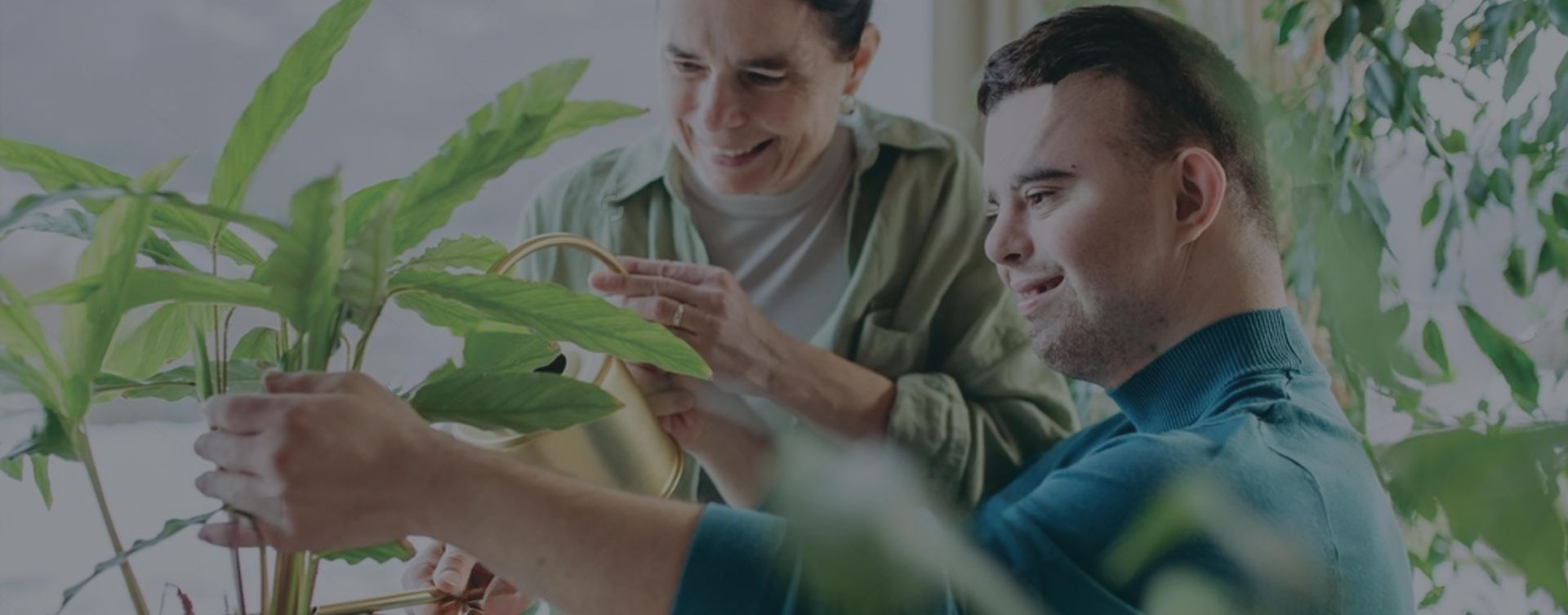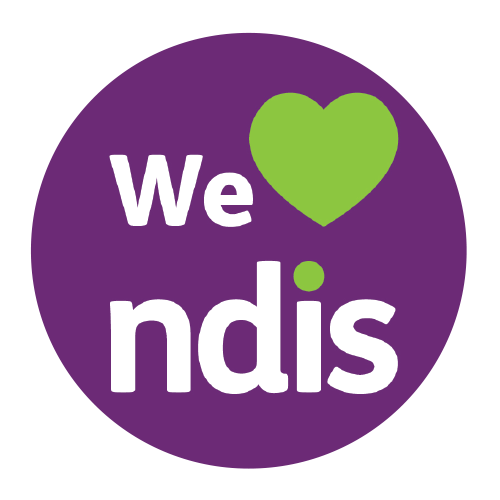World Suicide Prevention Day 2024
‘’Change the Narrative’’
You are allowed to say you are not OK!
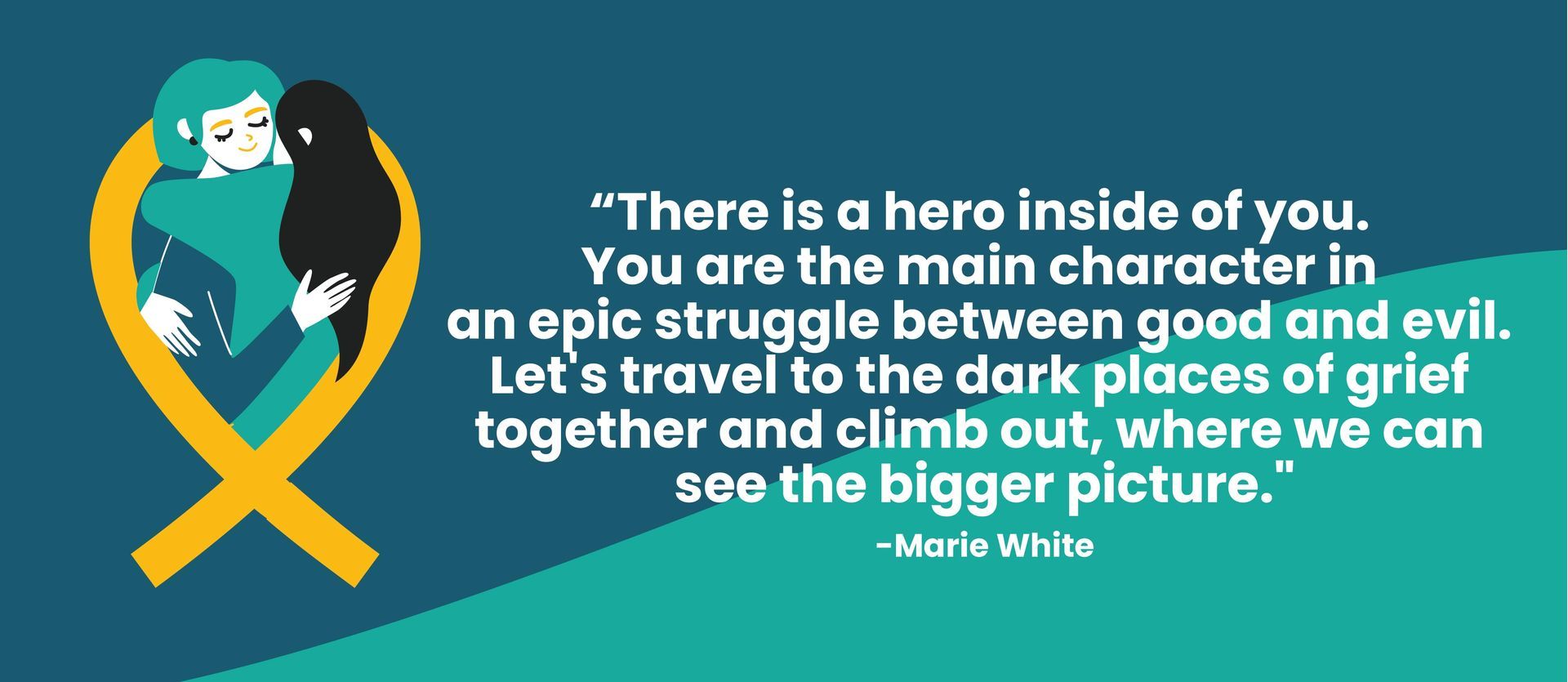
If you are reading this and you looked within, exhausted, in pain and hopeless –
take 5 mins to read further and hear this out.
First, put your hand to your heart – do you feel that beating, do you feel the air in your lungs? It might feel sore, it might feel more painful than you can manage at the moment…
But that moment is another moment that you have survived.
Did it feel like you couldn’t do for even a second more?
Try again – just once more.
That is another moment you have survived.
Are you feeling lonely? Did it feel like you were alone?
In that moment, a hand was reaching out to you, gently holding yours when you took that breath needing you to know that even when you are in your darkest moment, there are people out there who will hold you and help you hold on. If you don’t feel convinced right now, keep repeating those moments, but picture a hand in yours and keep doing it until it feels a little lighter.
Every year over 700 000 people end their lives by suicide. It's quite hard to imagine a group of 700 000 people, let alone try to imagine the fact that each of them felt absolutely lost and hopeless, and felt they could not have a simple conversation. Perhaps we should reframe that, 700 000 people who felt it wasn’t ok to reach out and say the ‘simple’ words – I am not ok. If you have lost someone to suicide, know a family who has or if you have ever reached that point, you will know that there is at one least person, if not a group, a crowd who would have answered that call, who would have held their hand, who would have told them it was ok and that they wish every single day that they could have let that person know that. Perhaps you have been one of those who realised that it was ok to say, ‘I am not ok!’
Can we spread this message?
Can you help us let someone know that telling a person that they are not ok is one of the most courageous acts they could ever do, and that no matter who, what, when and where – that simple act of courage is a loud voice saying to the world:
STOP!
You do not define my existence!
The stigma does not define my existence!
And to anyone who is feeling the same, you have just let them know that is it also ok to say those few words…
In your darkest place, you unknowingly gave someone else the strength to reach out!
Here are some helpful resources if you are feeling desperate right now:
Anonymous Suicide Hotlines ( Australia):
Lifeline: 13 11 14 (24/7)
Suicide Call back Service: 1300 659 467
Beyond Blue: 1300 22 4636
For full list of helplines on any topic that may be leaving you feeling alone visit:
It’s time to start having conversations!
If you are a loved one or a friend or someone who you know is going through a difficult time, even though they may seem okay – take 2 minutes to sit with them and ask if they are really ok. Often the hardest battles we fight in life are done in silence and it can be confusing to know where to turn or what signs to look out for:
Signs someone might be suicidal:
Talking about:
- Wanting to die
- Great guilt or shame
- Being a burden to others
Feeling:
- Empty, hopeless, trapped, or having no reason to live
- Extremely sad, more anxious, agitated, or full of rage
- Unbearable emotional or physical pain
Changing behaviour, such as:
- Making a plan or researching ways to die.
- Withdrawing from friends, saying goodbye, giving away important items, or making a will
- Taking dangerous risks such as driving extremely fast
- Displaying extreme mood swings
- Eating or sleeping more or less
- Using drugs or alcohol more often
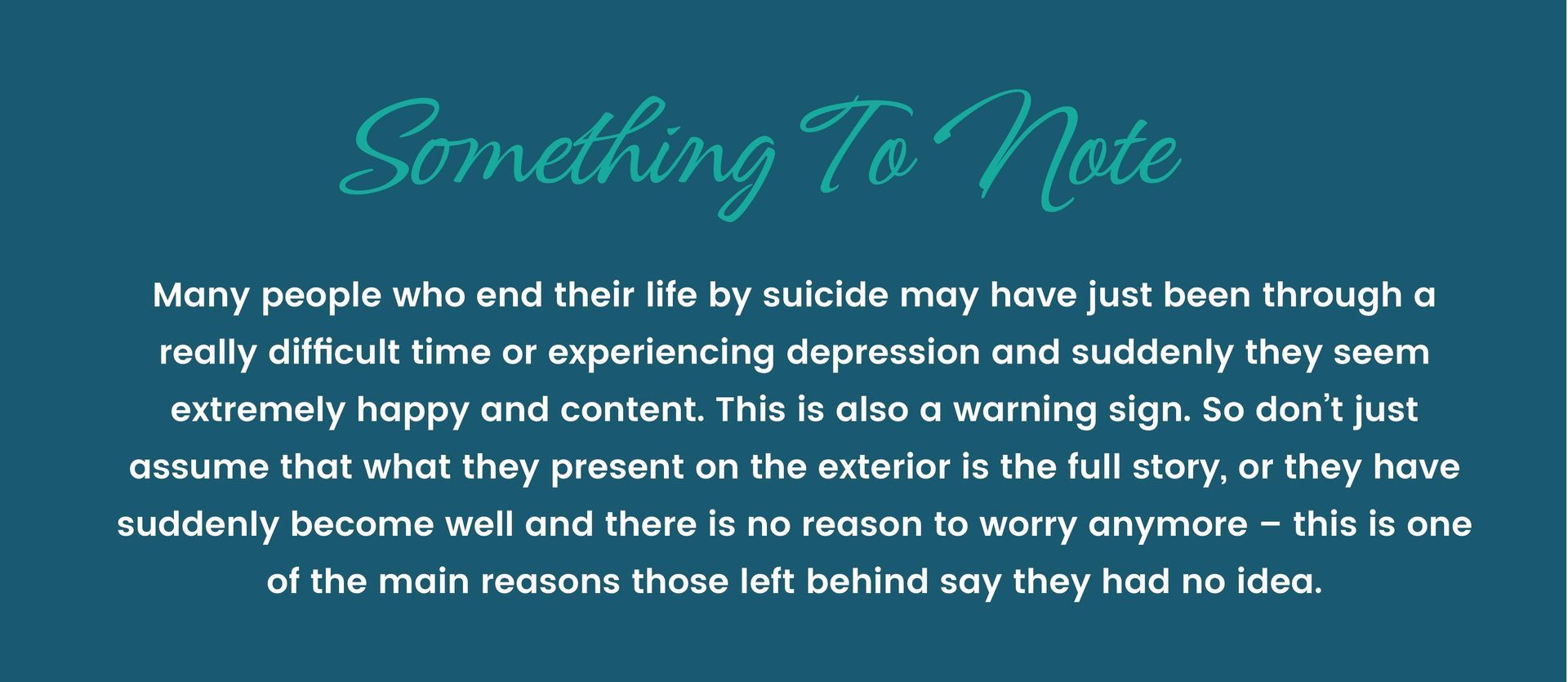
Which is why consistent open communication and conversations are vital!
So today we pose the question
Are you ok?
